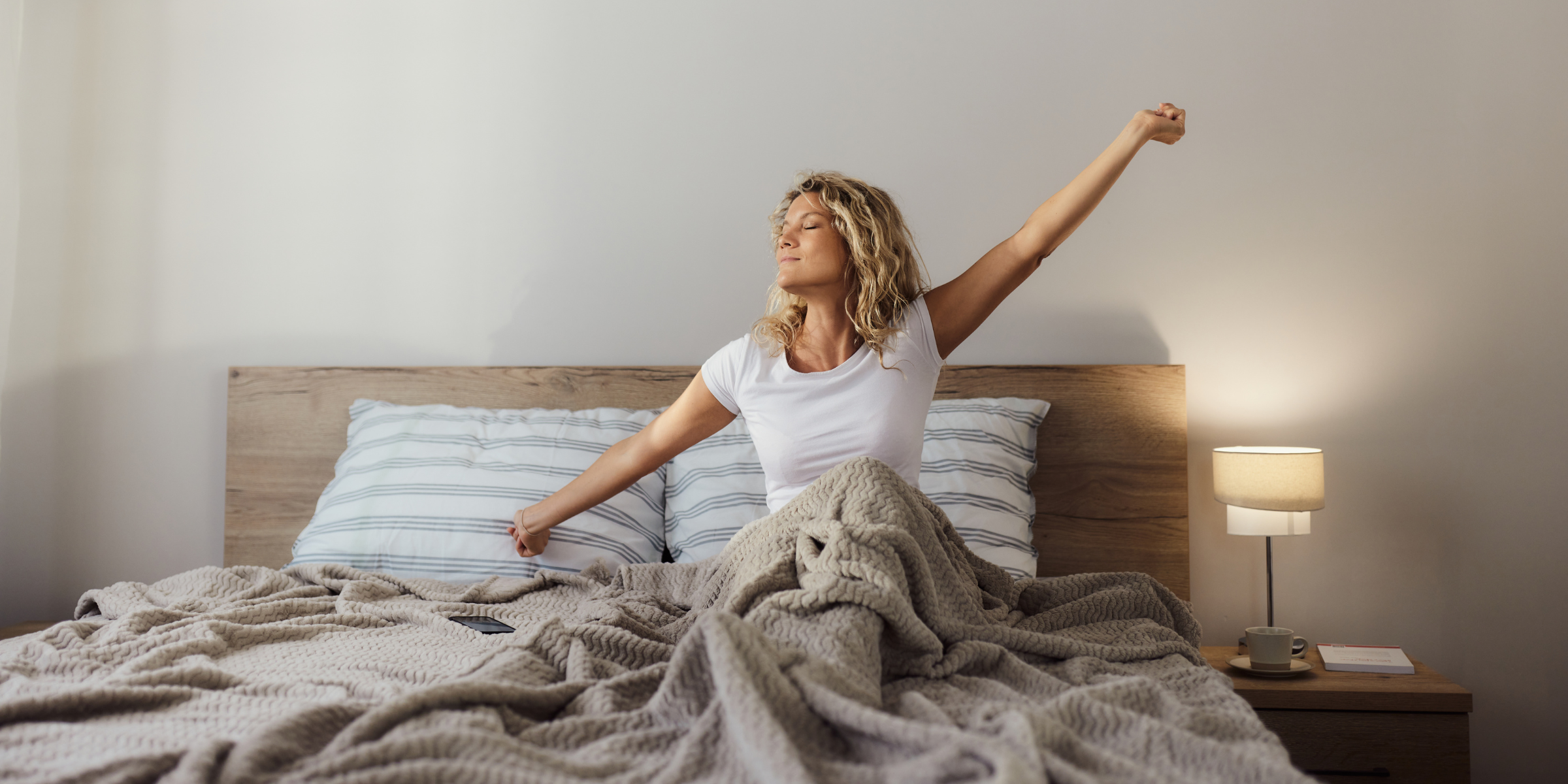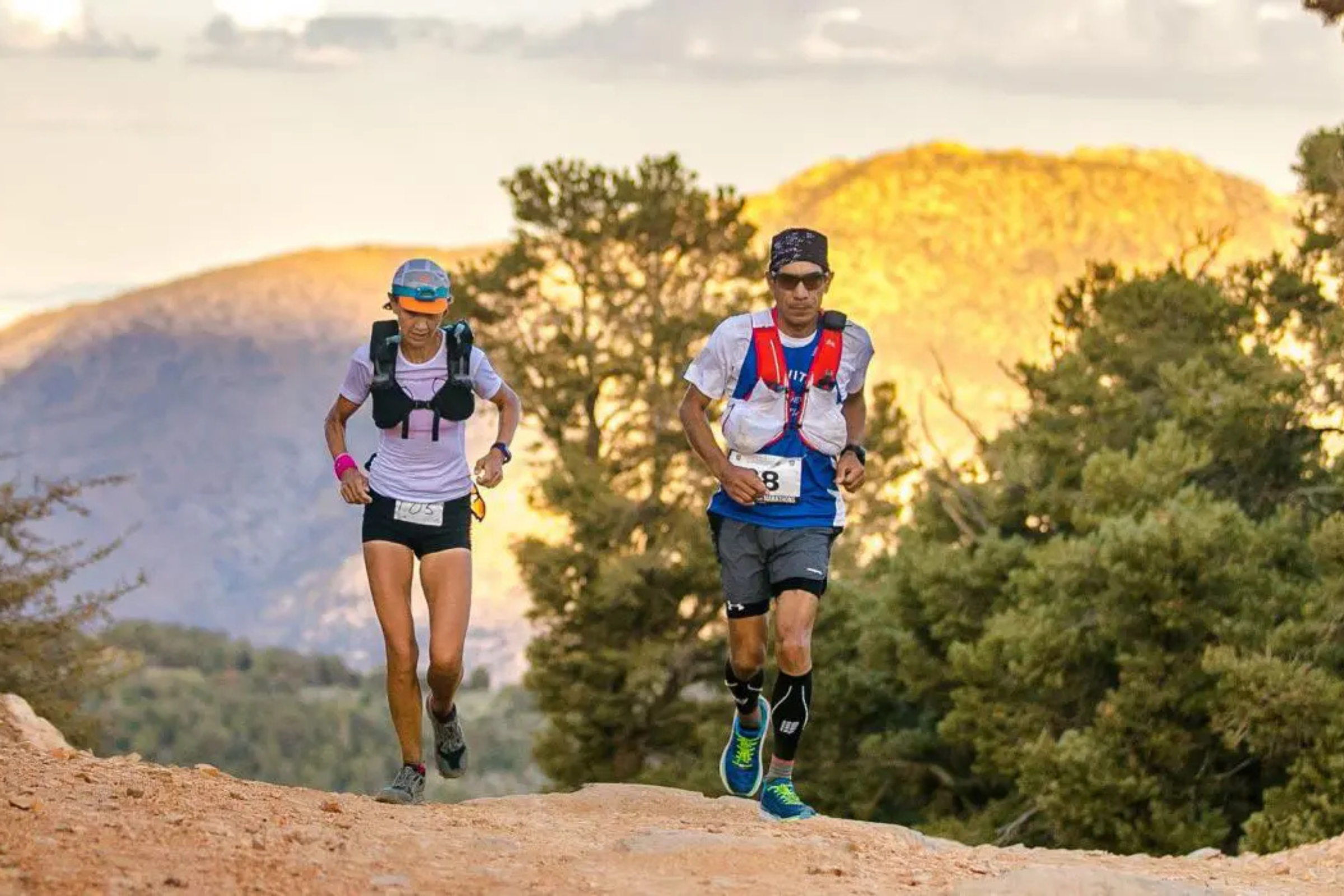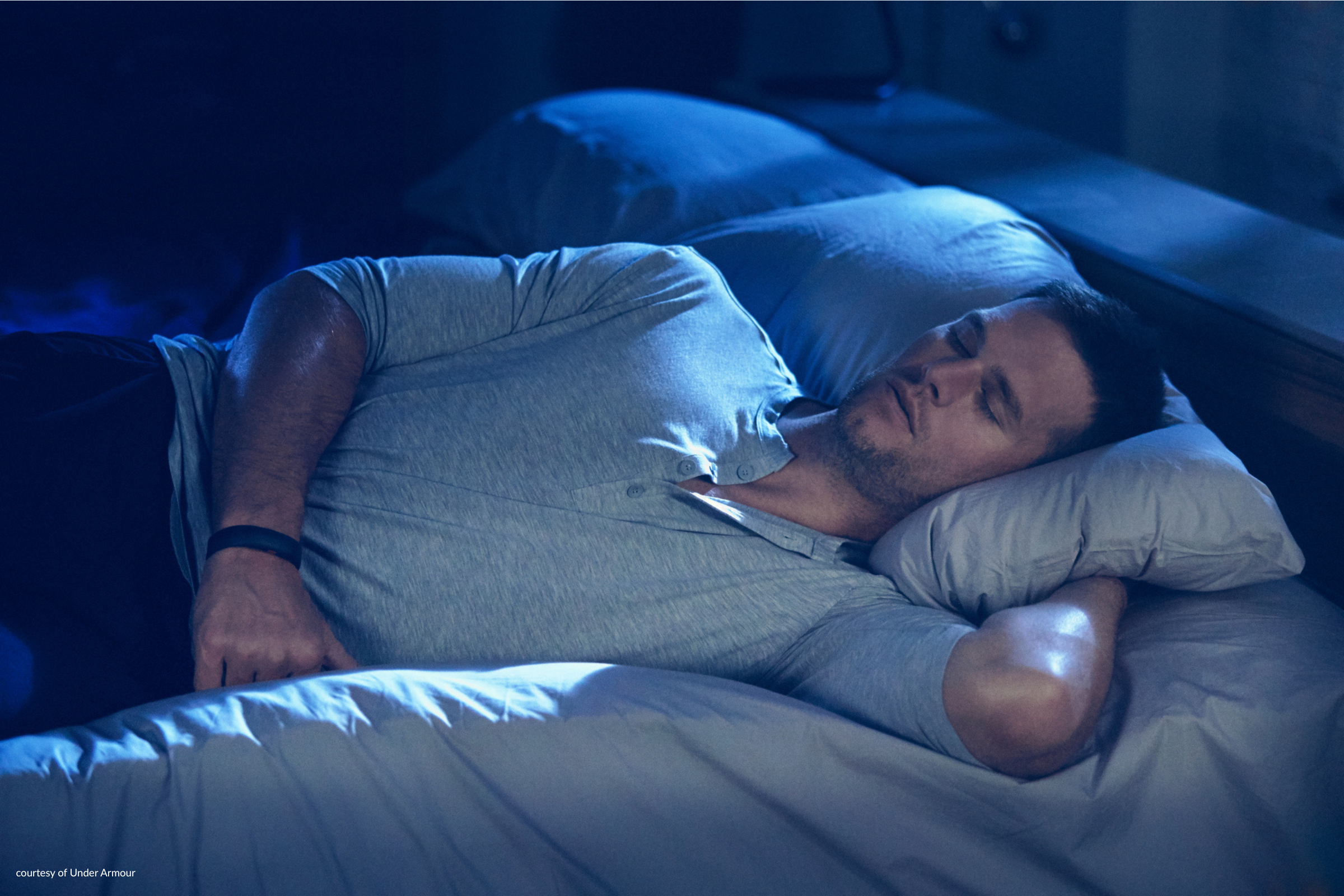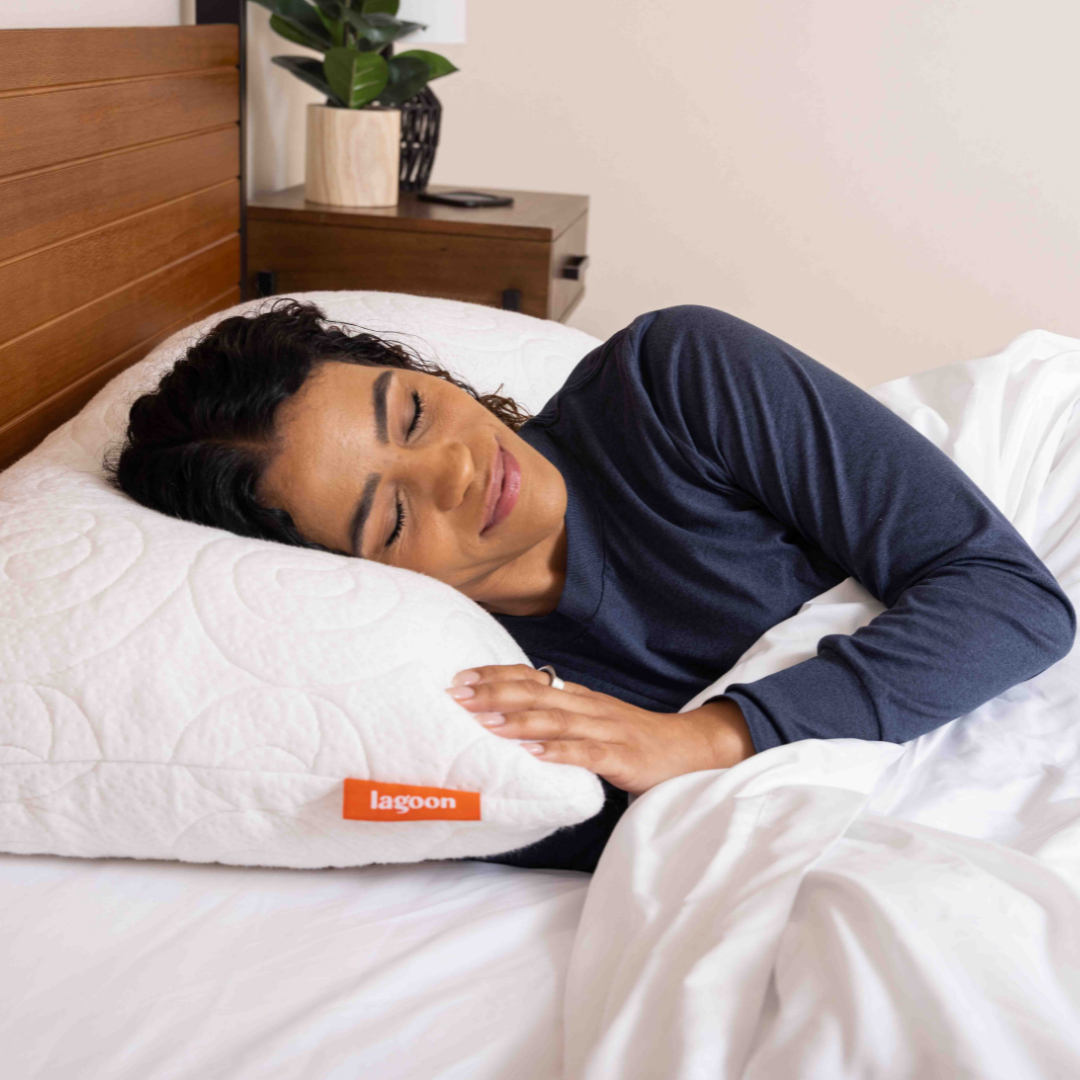Hey packlings 👋
From understanding why we sleep more in winter to exploring the relationship between exercise and rest, we've got some fascinating insights for you. So grab a warm drink, snuggle up, and let’s get into this week's edition of the Sleep & Fitness News!
❄️ Why We Sleep More in the Winter
As winter rolls in, you might notice you're hitting the snooze button more than usual - which isn't just a cozy coincidence. In fact, 34% of Americans do sleep more in the winter, according to a survey by the American Academy of Sleep Medicine. Since our bodies sync with the sun, shorter days and less sunlight mean increased melatonin production, leading us to crave more shut-eye. The good news is that more hours of sleep during colder months can boost your immune system, help manage weight, and even improve mental health. However, given the fact that our hectic lives don’t slow down during the winter, balancing this increased need for sleep can be tricky. Simple adjustments like finding time to soak in morning sunlight, and keeping up with regular exercise will help your body regulate. So while you may feel like hibernating, remember that a few lifestyle tweaks work wonders during the winter months.
🥇Elite Athletes Share Their Top Rest & Recovery Strategies
Recently Self Magazine did an awesome survey of elite athletes from across the world of sport to find out what their favorite techniques were for optimizing sleep. While we all know how important optimal sleep is for our daily performance - here are a couple of ideas how you might go about perfecting your rest…. Olympic track & field medalist Gabby Thomas prioritizes beginning her wind down routine early every evening - so she’s relaxed and ready to fall asleep when bedtime rolls around. Pro surfer Brianna Cope makes sure to reflect on the day’s highlights, either talking with her coach or looking at her Strava stats, before starting her bedtime routine. The full list of 10 awesome tips can be found here - check ‘em out!
🏃♀️ Exercise: Your Secret Weapon for Better Sleep
Sleep and exercise go together like green eggs and ham… or peanut butter and jelly? Sorry vegetarians! Recently TechRadar broke down the relationship between the two in their conversation with behavioral sleep specialist Carleara Weiss. Regular exercise is an amazing tool for improving sleep quality, as it serves to balance circadian rhythm, helps with thermoregulation (raising your core body temperature which later drops to encourage sleep onset), and helps regulate crucial sleep-related hormones like cortisol, melatonin, and endorphins. Just beware that too much exercise, especially close to bedtime, could lead to trouble falling asleep or insomnia. Therefore, timing your workouts can play a big role in sleep quality. Morning or early afternoon exercises are ideal for better sleep, with activities like running, biking, and strength training being most beneficial. Whereas gentle movements like yoga, walking or stretching are great for evenings to avoid overstimulation.
🐻 Hibernation Hacks for Human Health
Have you ever wondered how bears sleep for months without getting hungry, thirsty, or suffering from muscle loss, bed sores, or blood clots? Well, according to the Washington Post, researchers are delving deep into the mysteries of hibernation, seeking insights to revolutionize human health care. In particular, cardiologist Ole Frøbert recently ventured into Swedish bear country to study bear blood during hibernation. The findings? Bears have unique mechanisms to prevent blood clots and maintain physical health during their extended slumber. Hibernation research has also extended into ground squirrels to understand how their bodies repair heart damage during hibernation. These studies have broad implications, including developing new cardiovascular drugs and aiding astronauts in space travel. Interesting to see the move away from traditional lab rats and mice, and seeing what we can learn about how other animals sleep.
🧬 The Science Behind Restful Sleep: It's More Than Just Hours
Right before the holidays, GQ put out an insightful article that dives into why the different stages of sleep matter. So if you’re someone who gets a solid 8 hours of sleep but is still always waking up tired, you may want to look at the quality of your sleep, as the secret to waking up refreshed may lie in better understanding and capitalizing on your sleep cycles. REM and deep sleep stages are the most crucial for feeling rested and rejuvenated. REM sleep, despite only accounting for about two hours of our nightly sleep, it's essential for mental rejuvenation. In contrast, deep sleep is where the body goes into full relaxation mode, crucial for physical recovery and growth hormone release. While individual sleep needs vary, the recommended average is seven hours, with some people requiring more, especially athletes or those recovering from illness. Creating a consistent sleep routine and paying attention to your body's signals can enhance both sleep quality and quantity. So next time you're planning your sleep schedule, consider more than just the clock – your brain and body will thank you for it!
That's all for this edition of sleep & fitness news.. Thanks so much for following along! Remember to follow @lagoonsleep on Instagram for your daily dose of sleep & fitness news and entertainment.







